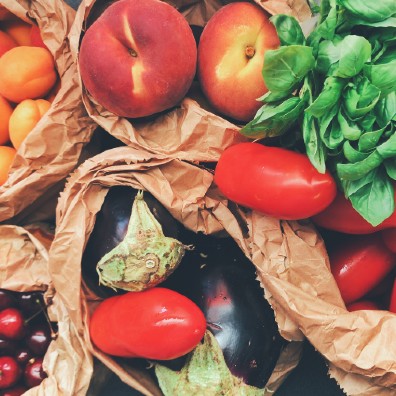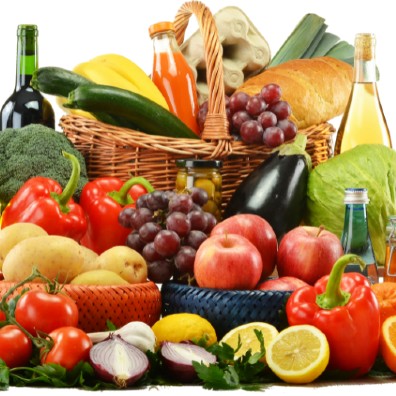By Sarah Hanratty – Registered Nutritional Therapy Practitioner

Nutrition for growth and development.
Young children need adequate nutrition to fuel rapid periods of growth and development. This requires a balanced intake of protein, fat and carbohydrates and sufficient consumption of vitamins and minerals.
Vitamins and Minerals
When we think about nutrients required for growth the focus is often on calcium. This is the most abundant mineral in the human body. Calcium helps to provide structure and strength to bones and teeth. Calcium needs increase during times of growth spurts. However, other minerals, that tend to be needed in smaller amounts are equally important. Magnesium is calcium’s essential partner for bone health. Magnesium is found in many foods; nuts, seeds, whole grains, beans and green vegetables. Zinc is also important for growth, primarily because of its role at a cellular level. You can increase zinc intake by ensuring your child includes chickpeas, beans, lentils and meat in their diet.
Vitamin D is also needed for growth and it also seems to be an important factor for cognitive development. As a nation, we can struggle to get adequate vitamin D at certain times of the year due to the lack of UVB rays from the sun, our main source of vitamin D. In the Uk, it is estimated that for up to 6 months of the year, the availability of UVB rays are too low to allow for skin synthesis of vitamin D, leaving us heavily reliant on food for adequate levels. Foods that include vitamin D are eggs, butter, oily fish and milk. One in four toddlers is not achieving the recommended intake for their healthy development.
Protein
Protein is also vital for growth, amino acids, the building blocks of protein are needed for building muscle and bones. Ensuring that your child has a good protein source at each meal and snack helps with ensuring adequate intake. Good sources are meats, eggs, dairy products, lentils and beans. During growth spurts, you may find your child wants to eat more protein-based foods.
Children undergo rapid cognitive development in the early years. To support cognitive function with nutrition focus on omega-3 fats, zinc, iron, B vitamins and vitamin D. These are nutrients involved in learning, memory and brain development.

Omega 3 Fats
Omega-3 fats with a specific biochemical structure, found in oily fish are necessary for cognitive health. Recent research highlights that children’s performances in reading, writing, and phonological awareness appear to be influenced by the favourable conditions related to a higher intake of omega-3.
We tend to associate poor growth and development from malnutrition with not having enough food. However, poor food choices leading to less nutrient-dense foods in the diet can also affect a child’s growth and development. This can happen when foods which provide only ‘empty calories’ crowd out more nutritious food in the diet.
Reducing Sugar
One of the biggest obstacles to a healthy diet in the UK is the increase in amounts of snack foods. Often snack foods are highly processed and contain higher amounts of sugar. This can lead to increased energy intake and weight gain. They can also fuel an increased preference for sweet foods and the development of poor eating habits. Often these foods are moreish and any increase in eating them can mean that important nutrients are displaced from the diet.
The recommended sugar intake for children aged 2-3 years is 15g for boys and 13 g for girls. This equates to an intake of under 4 teaspoons and just over three teaspoons respectively. In contrast, recent statistics suggest that the actual average intake of sugar for children aged 1.5 to 3 years is 27.9 grams a day.
At Norfolk House, we recognise the role of nutrition in children’s development. As children spend most of the day at the nursery it is important that the food we offer meets their needs. This is why we offer meals that are nutritious, that have been formulated with growth and development in mind. We also have a responsibility to minimise added sugar and empty calories and because if this we don’t use added sugar in any of our meals or desserts.
